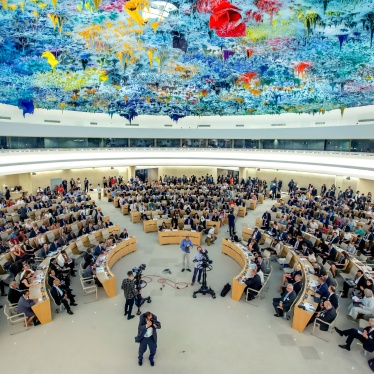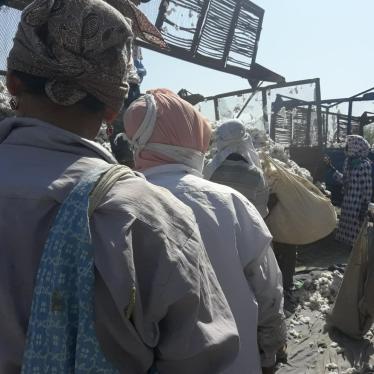“Please tell them to send more trains!” I heard this repeated often last week while visiting a temporary migrant camp on Russia’s border with Kazakhstan, filled with Uzbek migrants desperate to be repatriated home to Uzbekistan.
People started flocking to the camp, near the Kinel train station in Russia’s Samara region, in late August from around Russia. The camp is designed for 900, but officials say over 4,000 people are there, including at least 43 children. They all want to get on a train bound for Uzbekistan, but trains run only weekly and can hold around 950 people. Repatriating the camp’s current inhabitants could take over a month, not to mention those who continue to arrive daily.
Migrant workers in Russia were hard hit by the financial consequences of the Covid-19 pandemic, and with effectively no social support from the Russian government or their own embassies, many have long wanted to return home. In response to Covid-19, Russia and Uzbekistan, like many countries, closed their borders. Migrants faced erratic and ad hoc repatriation measures. Lacking information and fearing the reintroduction of more stringent travel restrictions later in the year, many have latched on to rumors that they can catch a train home.
One woman whose planned departure in April was thwarted by the pandemic hasn’t seen her children in four years. Another said she worked only one day after coming to Russia, and was laid off in March, surviving through assistance from fellow migrant workers since. Permissions for many migrants to be in Russia may have expired on September 15.
Newcomers either buy tiny tents or build their own from sticks and tarps. Local authorities deliver water twice daily and have installed latrines, which some migrants noted are too few and overused. Living conditions are extremely cramped, making social distancing impossible, and residents are vulnerable to the rain and increasingly colder nights. There’s no medical care on site nor testing for the virus that causes Covid-19. One woman who expressed concern to the camp administration was told, “We didn’t ask you to come here.”
The camp administration apparently wishes to ensure that as little information about the camp as possible gets out. According to journalists who visited last week, the camp administration demanded migrants stop talking to them. Migrants said that no Uzbek diplomat has yet visited the camp, and people cannot reach the consulates by phone.
Russia and Uzbekistan need to work together to facilitate safe repatriation for those migrants who, feeling abandoned, took it into their own hands to make it as far as the border. And keep them safe while they wait.










